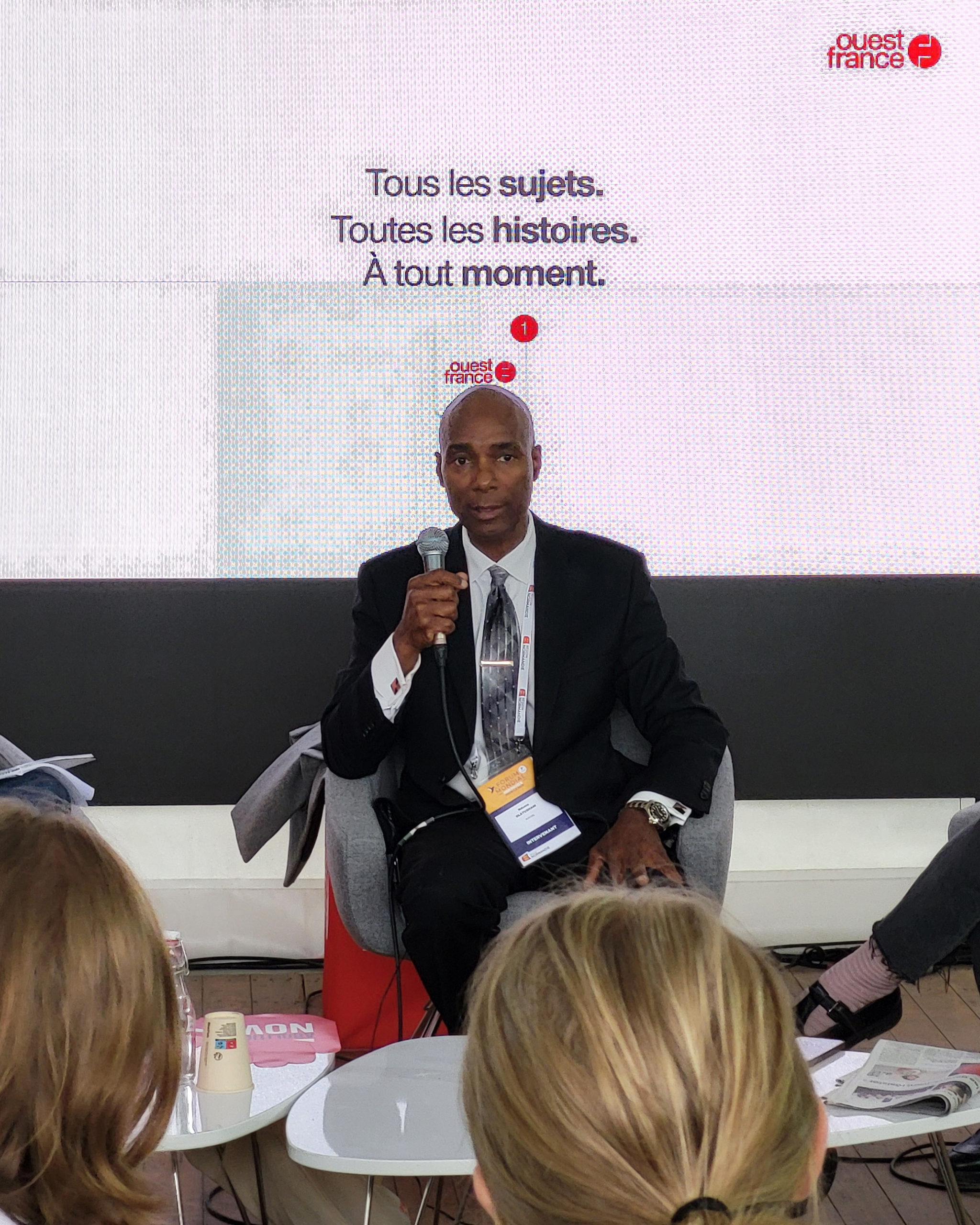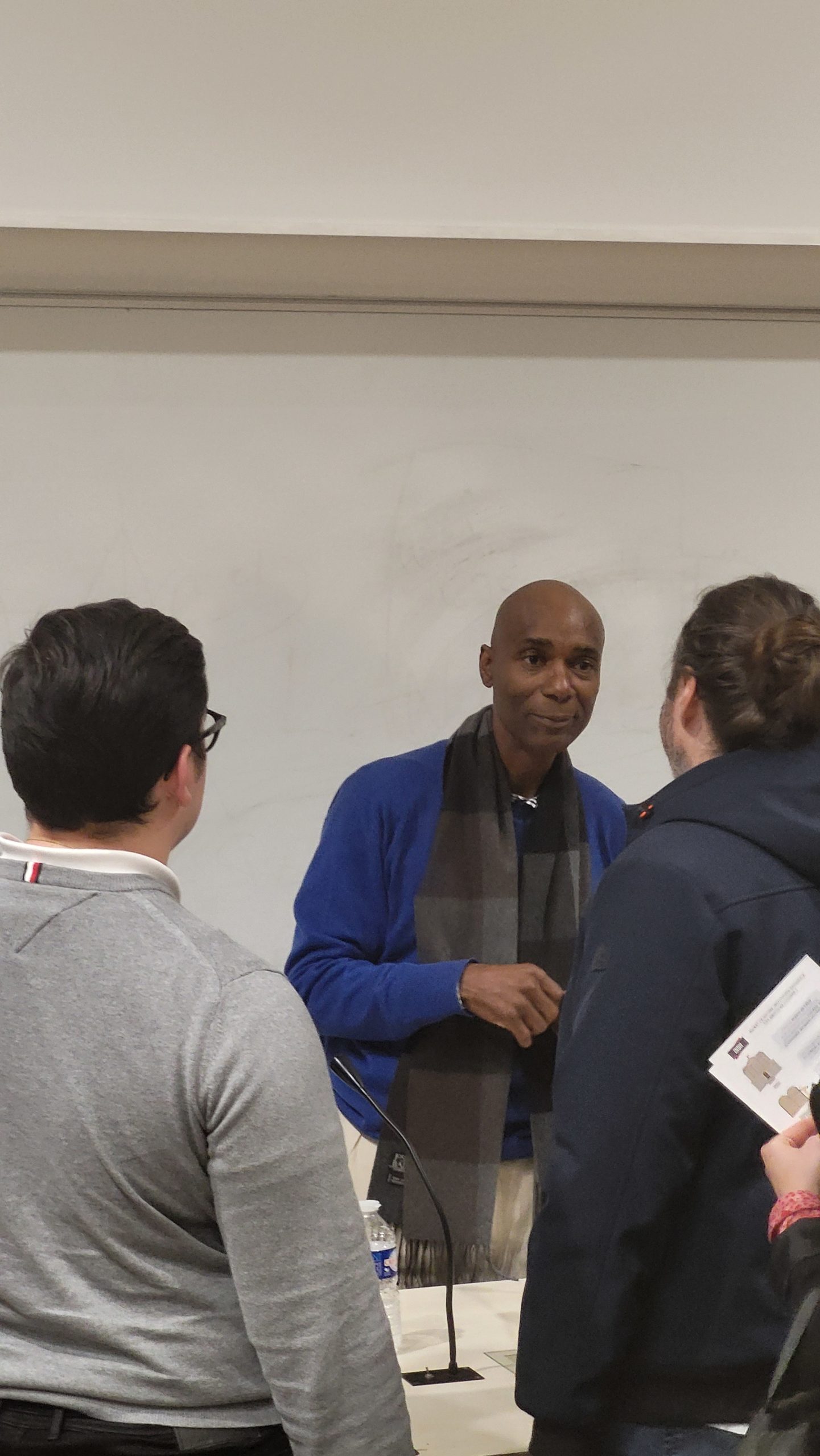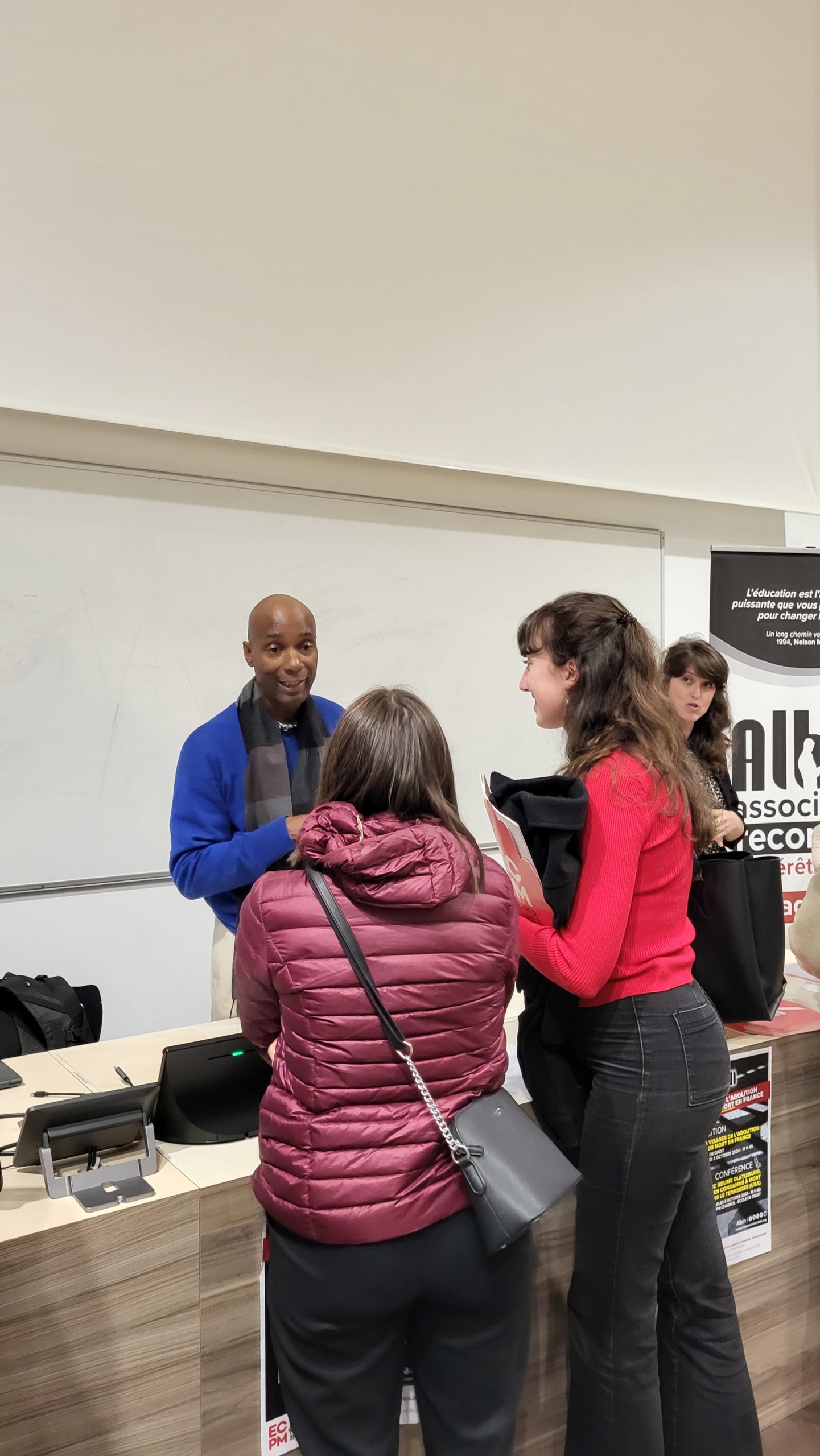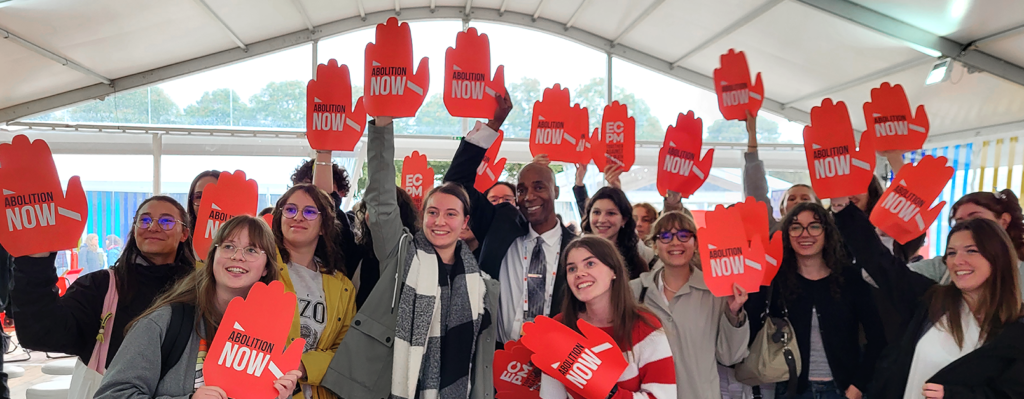
A victim of injustice
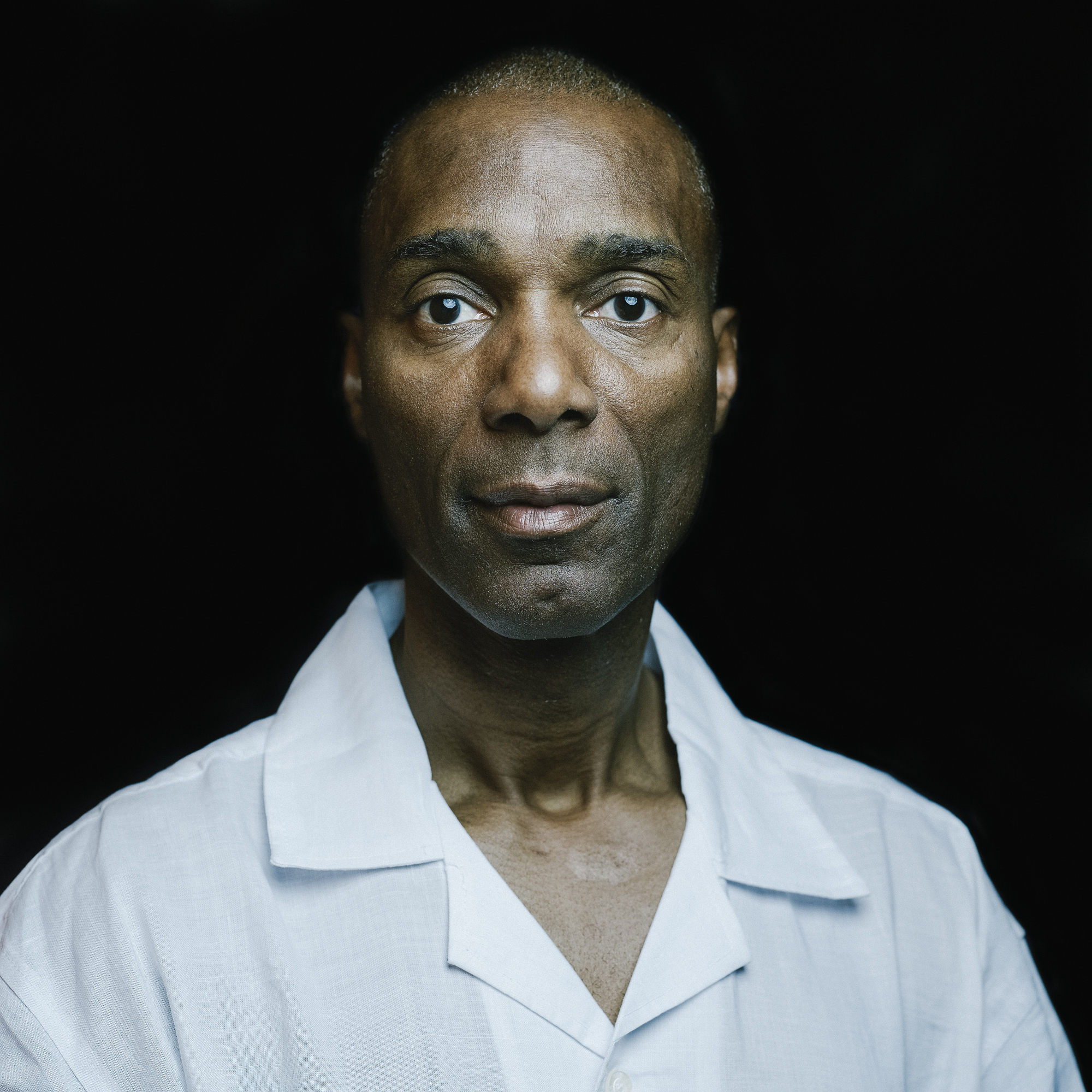
In 1985, Ndume Olatushani’s life took an unprecedent shift when he was condemned to death in the state of Tennesse. He was accused of the murder of a grocer during a robbery, a crime he never committed. He spent 28 years in prison, including 20 years on death row, in cell where he could barely stretch his arms, 23 hours a day. After many years of fighting to prove his innocence, the Tennessee authorities offered him an Alford plea, allowing the convicted man to waive his official acquittal in exchange for his immediate release.
During detention, Ndume saw in the practice of art a way to survive. Indeed, he describes himself as an artivist. The deep conviction that he would be free one day helped him develop a staunch resilience. Nowadays, he is going through schools and prisons in the United States and elsewhere to share his story. His message aims to educate civil society on the aboliton, systemic racism and life conditions in prisons of the United States.
Supporting the abolitionist movement with ECPM
For several years now, ECPM supports Ndume Olatushani during his interventions in classes in France. The pedagogical methodology of ECPM divides this interventions in two steps : a session to provide facts and general knowledge on the abolition and a second session with the testimony of Ndume, to embody the thematic.
Ndume shared his story in front of eight classes in total this autumn. He was also present on key events of ECPM’s calendar : the Normandy for Peace Forum in Caen, a conference in front of the students of the Law School of Clermont-Ferrand and an intervention in prison in partnership with the Albin Association.
On the occasion of the Month of the Abolition and in anticipation of the 22nd World Day Against the Death Penalty observed on 10th October, Ndume participated to the first Meetings of ECPM, along with Sandrine Ageorges-Skinner, board member of our association. The theme of the evening was “American presidential elections: the death penalty still in debate” and opened the discussion on the situation of the death penalty in the United States, in front of a mainly young audience. With the vote of 5th November on the horizon, numerous questions were rising amongst participants : What is the position of the Democrats and Kamala Harris on the use of the death penalty ? Will Joe Biden make a significant move before the end of his term ? What are the risks for the abolitionist movement if Donald Trump accesses the White House ? What is the position of the public opinion on the capital sentence ?
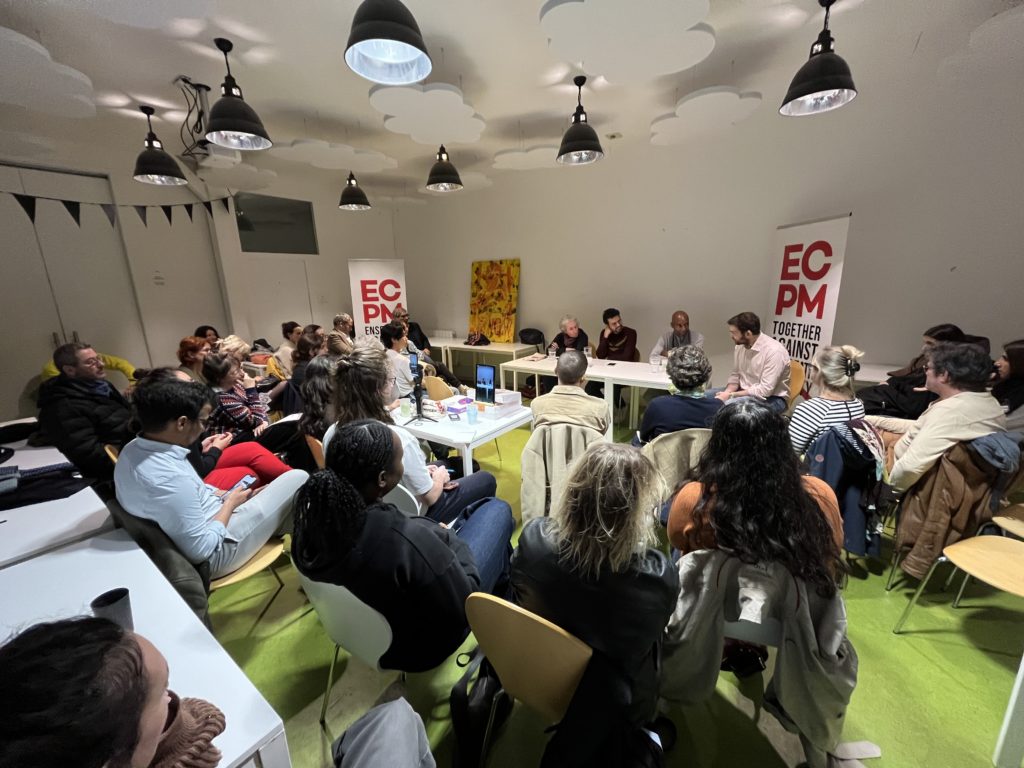
The impact of Ndume Olatushani’s moving story
One of the main objectives of ECPM is the education of the civil society to human rights and the thematic of the abolition. To do so, the presence of a Great Witness as Ndume Olatushani is more than a priviledge. He never ceases to share his story and educate people on injustice, despite a long and difficult path towards freedom.
During discussions with highschool students, the focus was made on his life conditions in prison and his spiritual and personnal path, tainted by a staunch resilience. His testimony captivated a lot of students and for sure inspired both curiosity and admiration.
In front of the students of the Clermont-Ferrand University, most of them future jurists, he highlighted the dysfonctions and systemic racism which damage the american judiciary system. Indeed, he encouraged the students to be aware of the impact of their future job. He invited them to nurture their skills in order to help people victim of injustice like he was.
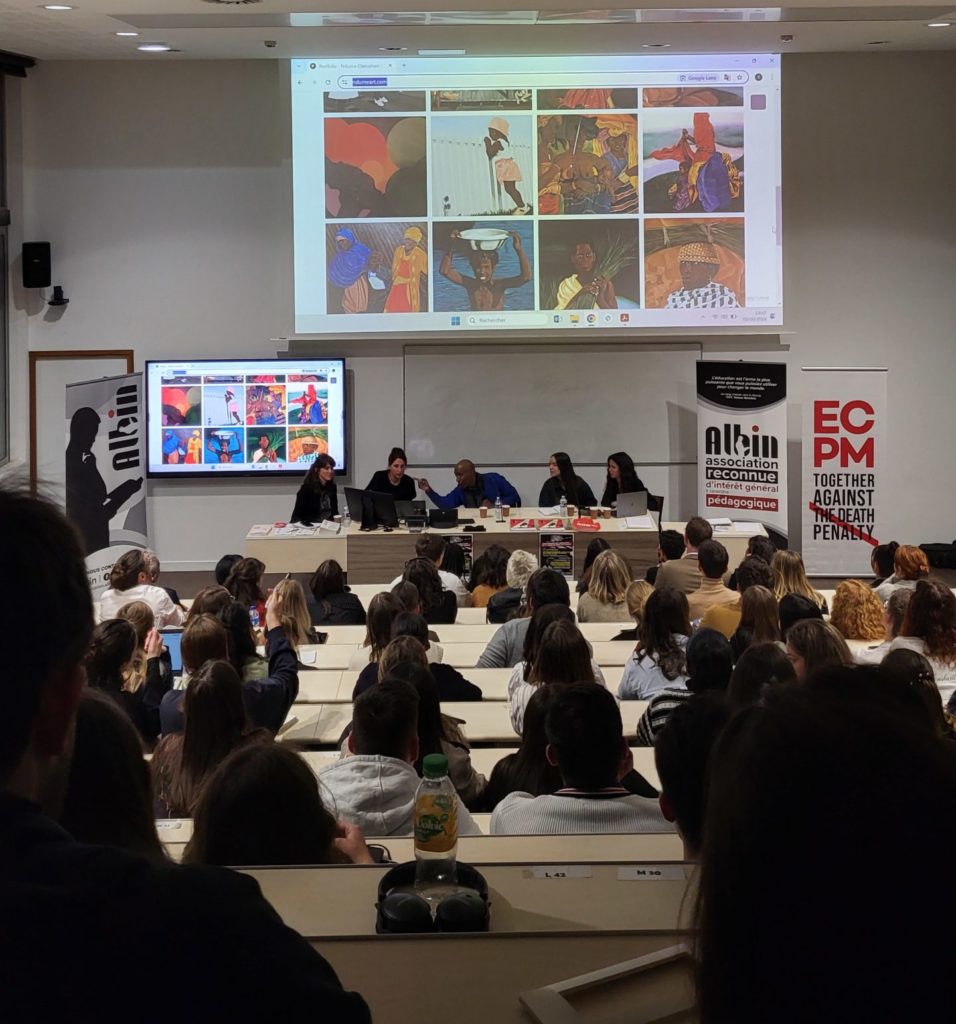
At last, he spreaded a message focusing on rehabilition during the intervention in prison with Albin Association. He emphasized the importance to keep learning and acquiring skills while in detention. For instance, Ndume studied law, in addition to his art practice when he was in prison. These initiatives full of hope and willingness deeply interested inmates assiting this session in Riom.
Sadness, compassion and admiration were felt after the venue of Ndume Olatushani. His presence embodied for sure the importance to pursue the abolitionist fight.
